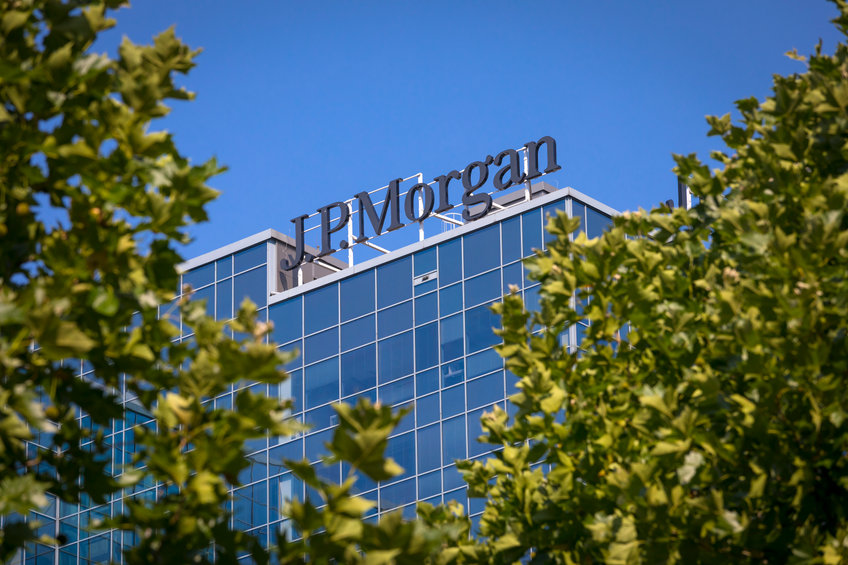JPMorgan is making a bold entry into Germany’s crowded digital banking sector, hoping its global brand and technology investments can help it break through fierce competition and regulatory hurdles.
The US banking giant aims to launch its Chase digital retail bank in Germany by the second quarter of 2026, a move that could reshape the local banking landscape if successful.
American giant’s high-stakes entry
JPMorgan Chase is gearing up to launch its digital bank in Germany in early 2026, its biggest retail banking push in Europe so far.
Germany’s retail market is the largest on the continent, and digital banking there is expected to expand from about $106 billion in 2024 to nearly $174 billion by 2033, growing at a steady clip of around 6% a year.
It’s a tempting market, but also a crowded one as Deutsche Bank still holds sway, while fintech players like N26 and Revolut already control roughly 70% of the digital space.
JPMorgan is not starting from scratch. It already services major German corporations and holds local regulatory licenses, giving it a foundation for the consumer rollout.
The bank is betting big on its annual technology investment of $17–18 billion and global digital expertise, which powered the successful UK launch of Chase in 2021, where it quickly attracted 1.6 million customers and $19 billion in deposits.
For Germany, JPMorgan is hiring local engineers and product managers to tailor products for German tastes and will start with savings and payments products, expanding into lending as it gains traction.
Can JPMorgan win where others struggled?
Despite its resources, JPMorgan faces daunting challenges in Germany’s famously low-margin, tightly regulated market.
Neobanks and traditional lenders have set high standards for user experience and pricing, competing aggressively for customers who often lack deep loyalty to any brand.
Regulatory compliance, especially under new rules like the Digital Operational Resilience Act (DORA) and the revised Payment Services Directive (PSD2), means JPMorgan will need robust cybersecurity and authentication measures from day one.
High customer acquisition costs and a fragmented market leave little margin for error.
JPMorgan’s strategy is expected on hinge on leveraging its corporate relationships to cross-sell to retail clients and using its superior tech to deliver innovative, efficient user experiences.
Many analysts see JPMorgan’s Germany play as ambitious but well-calculated.
JPMorgan CEO Jamie Dimon acknowledged the challenges, but emphasized the digital era is leveling the field for global retail banks in ways not previously possible.
Market observers point to the bank’s $17–18 billion annual technology budget and hybrid strategy, anchoring digital growth on existing corporate relationships as major structural advantages.
Yet, skepticism remains: as Henry Rivers of AI Invest notes, “The German market is fragmented, highly regulated, and historically unprofitable. To succeed, JPMorgan must combine disciplined cost control with real product innovation that resonates with local tastes.”
The post JPMorgan bets big: can an American digital bank win over Germany’s crowded market? appeared first on Invezz

